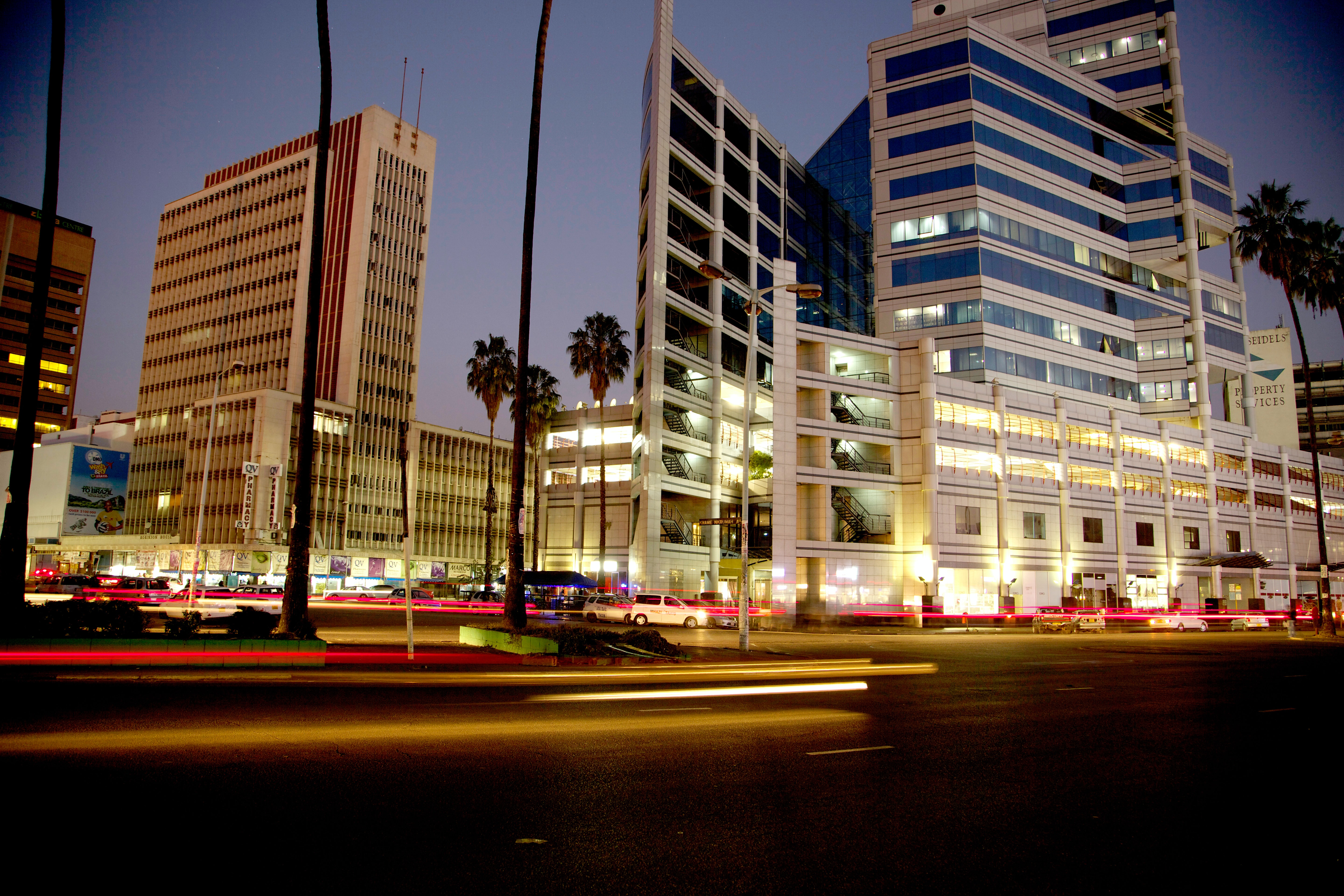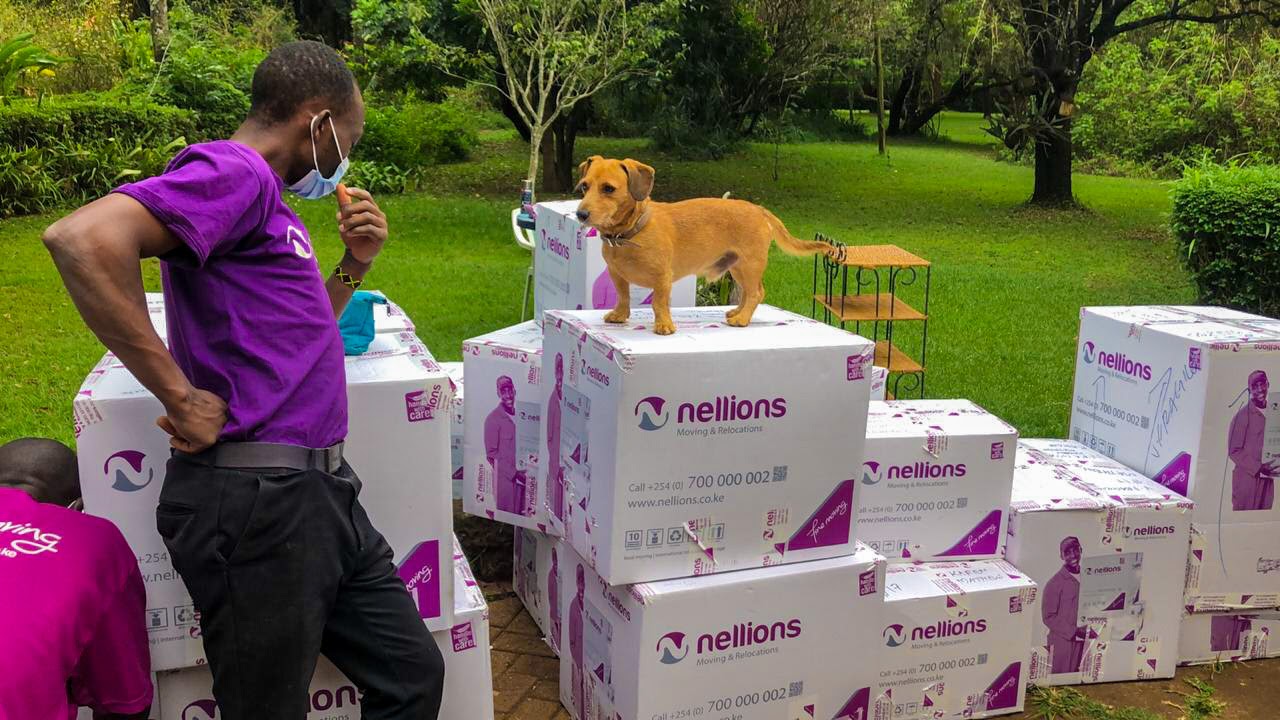Last updated on September 5th, 2022 at 02:04 pm
If you’ve chanced upon our guide on relocating from Kenya to Zambia, then you’ll already know that Zambia and Zimbabwe share amazing features such as the Zambezi River, Victoria Falls, and Lake Kariba.
Both Victoria Falls, which is one of the world’s largest waterfalls, and Lake Kariba, which is the world’s largest man-made lake and reservoir by volume, are made possible by the Zambezi.
But Zimbabwe boasts much more than these two top-rated tourist attractions. In 2013, it won the Guinness World Record for being the country with the most official languages at a national level.
No need to fret, however. Out of its 16 national languages, Shona, Ndebele, and English are the most frequently used, so you should feel quite at home here.
Another interesting fact about Zimbabwe is that after Botswana, the country has the second biggest elephant population in the world.
Like Zambia, Zimbabwe is landlocked. It’s bordered by Botswana in the south-west, Mozambique in the east and north-east, South Africa in the south, and Zambia in the north and north-west.
The country has two major cities that are always in competition. Harare is Zimbabwe’s capital and the largest city, while Bulawayo is its second-largest city.
Both Kenya and Zimbabwe are commonwealth countries that are known for having exceptionally good human capital. This is a direct result of having good education systems in place. It might even be true that Zimbabweans are more educated than Kenyans!
Additionally, some of the Zimbabweans who’d left Zimbabwe during the late Mugabe’s land redistribution have been returning home over the last few years.
Kenya and Zimbabwe are members of COMESA. Nonetheless, Kenya and Zimbabwe enjoy cordial diplomatic relations, with direct flights between the two countries available through Kenya Airways.
Here’s what one needs to know when relocating from Kenya to Zimbabwe:
1. Household Goods Are Allowed Tax-Free
Like other nations, Zimbabwe permits immigrants and returning residents to import their household goods and personal effects tax and duty-free. There are certain conditions, however, that must be fulfilled for this exemption to be valid.
The importer must be a returning resident who has lived outside Zimbabwe for more than two years. If they are immigrants or in Zimbabwe for work, they must have a work or residence permit to qualify.
Duties apply for those returning residents who have not lived less than two years outside Zimbabwe.
If tax and duty-free exemptions are awarded, household goods and personal effects must be imported within three months of the returning resident’s arrival or after the granting of his or her work or resident permit.
In the case of diplomatic shipments, diplomats must first clear their goods through the Ministry of Foreign Affairs, which can take between four and 14 days, and then customs, which takes less than a day.
Diplomats, too, are expected to import their shipments within three months after they arrive in Zimbabwe.
2. One Doesn’t Need to Be Registered With Zimbabwe Revenue Authority
Individuals moving from Kenya to Zimbabwe need not worry about needing to first register with Zimbabwe Revenue Authority (ZIMRA) before importing their household goods.
Unlike commercial importations which need the importer to have a Business Partner Number that’s activated for customs purposes, private importations are much more straightforward.
You don’t need to engage the services of a clearing agent, for starters. Instead, you’ll need to complete and submit the following documents:
- Form 49 (receipt)
- Form 47 (customs declaration form)
- Form 170 (for personal and household effects)
- Bill of lading/airway bill
- Freight statement
- Valued inventory
- Valid passport
- Residence/Work Permit
For seamless customs clearing and delivery of your household goods in Zimbabwe, however, it’s advisable to get in touch with a professional moving company.
3. Non-diplomatic Goods Are Subjected to 100% Customs Verification
An important fact you should know is that Zimbabwe’s customs are not only quite efficient but also better than in most other African countries.
This means that you can expect your non-diplomatic shipment to be subjected to 100% physical customs verification before clearing customs.
On the plus side, it can take as little as two days for returning residents and those with work or residence permits to clear through customs. To enjoy faster clearance, all requested documents must be in order, and customs must have given the shipper a physical examination date quickly.
4. Transferees Must Attend Customs Interviews in Person
You must be physically present during the customs clearance process so that you can participate in an interview with Zimbabwean customs. This is done at the point of entry for your shipment e.g road shipment from Kenya, Customs interview is done at the Chirundu border. Air and sea shipments, customs interview is done in Harare.
Non-diplomats, in particular, must personally lodge all documents with the Department of Customs & Excise, in addition to footing all charges related to the physical inspection of their goods.
If you’re a returning Zimbabwean citizen, you must complete the customs interview on your own as the law doesn’t allow you to appoint an agent to represent you. You might be exempted from the physical inspection process if you sign an affidavit giving your customs agent the power of attorney.
5. There Are No Restrictions on the Importation of Vehicles
Immigrants and diplomats are allowed to import both used and new cars provided they physically existed and had been fully paid for before the time of arrival in Zimbabwe.
Each member of an immigrating family who is over 18 years can import a motor vehicle free of duty and tax as long as the car is purchased before the individual enters Zimbabwe. Only one vehicle per person aged 18 years and above is allowed duty-free, however.
To import a car into Zimbabwe, immigrants or returning residents who’ve been away from the country for more than two years require:
- Passport
- Immigrant’s declaration
- Residence permit/Work permit
- Form 171 (MV) for motor vehicles
In addition to the above, new vehicles must also be accompanied by an invoice, registration document, and freight costs.
It’s important to note that returning residents who have been absent from Zimbabwe for less than 2 years have to pay duty in foreign currency, based on the full value of the cars they import. The taxes on the car will depend on age and engine capacity.
6. Shipping via Road Is Advisable
It’s advisable to consider transporting goods by road when you’re moving from Kenya to Zimbabwe.
If you opt to use the road, your shipment will arrive in Zimbabwe via Tanzania and Zambia. If you choose to ship by sea, your goods will arrive via Durban in South Africa or Beira in Mozambique.
Because sea freight costs are currently very high, transport by road is a better bet. Additionally, goods transported by sea still have to travel by road from the ports in South Africa or Mozambique to landlocked Zimbabwe.
Whichever option you do decide to go with, however, you should ensure that packing is done to exceptional standards, especially if you have delicate or sentimental items, due to the distance involved.
7. The Move From Kenya Can Be Completed Within 12-16 Days
It’ll take anywhere from between 12 and 16 days to complete the move from Kenya to either Harare or Bulawayo in Zimbabwe.
If you’re interested in relocating to Zimbabwe, then it’s advisable to engage a moving company to coordinate customs clearance, delivery, and house set-up for you.
You’ll end up saving yourself a ton of hustle while clearing a major part of your schedule to deal with other pertinent tasks such as coordinating your ‘Farewell Kenya’ party.








